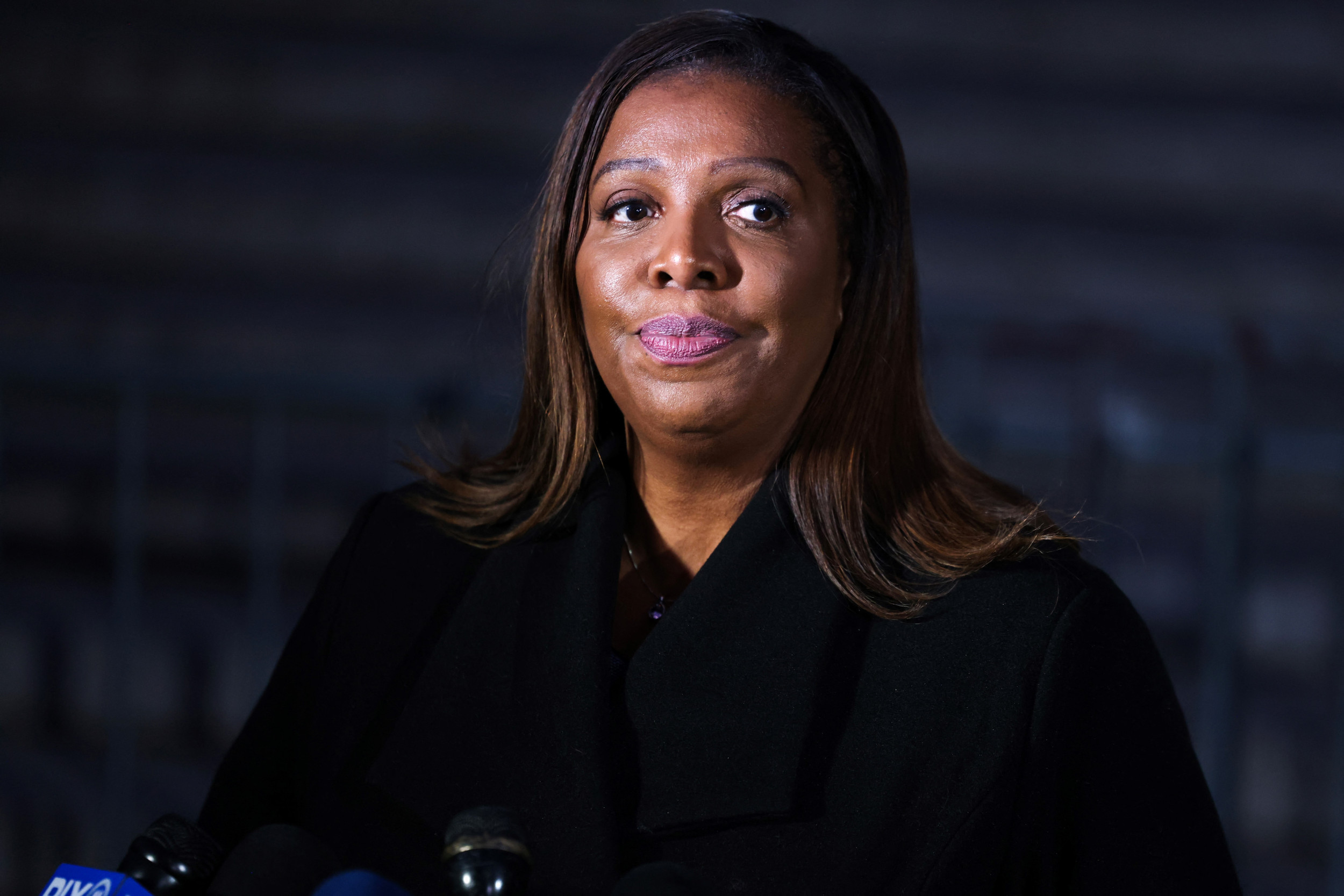Clive Campbell was 12 when he moved from Kingston, Jamaica, to the Bronx in 1967. Tall and athletic, he ran track and attended Alfred E. Smith High School, a vocational school for auto mechanics. And he gave parties. Following the model of the Jamaican reggae acts back home, he assembled a sound system-a powerful mobile PA setup and a crew of emcees, or "toastmasters," who would chat up the crowd and protect the gear if things turned heavy. He called his featured dancers the Nigger Twins and his sound system the Herculords; he was Kool DJ Herc. In a Bronx club called the Hevalo, Herc and the Herculords made musical history. From these parties-from this casual synthesis of Jamaican toasting and American funk--came the most significant popular innovation of the last 20 years: rap.
Almost two decades later, the paths of rap and reggae have come together again, merging in a dynamic hybrid that is as far from the soothing reggae of Bob Marley as it is from Elvis Presley. Like American rock and soul, Jamaican music has been racked by a generation gap since the age of Marley, a rift widened by the hard politics of the '80s. With the turbulent change from Michael Manley's socialist government to the capitalist system of Edward Seaga in 1980, says Maxine Stowe, a reggae-industry veteran who now scouts talent for Sony, "the Rastafarian culture and Afrocentric talk started dispersing. Kids became less Afrocentric and more New York-centric." This new Jamaican music, like rap, has become harder, simpler, more urban and more conspicuously market wise. Dancehall style-the vernacular, often sexually nasty sound of Jamaican dance clubs-has all but eclipsed the more spiritual "cool reggae" of Marley and Jimmy Cliff. In Jamaica, says Super Cat, one of the stars of the new dancehall style, "it's all about the hard core: survival, facts of life."
Super Cat, born William Maragh, is emblematic of the new music. Wearing his hair cut short-a style the Rastafarians, who favor long dreadlocks, dismiss as "bald head"-he calls himself "The Don," and appears on his album cover dressed as an American gangster. Living in Kingston as well as New York, Super Cat is fluent in the idioms of both cities; his music is a spare, brutal intersection of reggae and rap. "They're both ghetto music," he says. "We express ourselves the same way. Everything is in this music: girls, guns, fast living, roots and culture."
The music is finding an audience here, and adding flavor to American acts like Kris Kross, the top-selling Atlanta rap duo who affect Jamaican speech patterns. Shabba Ranks, whose "Slackness," or risque rhyming, has made him the current dancehall ruler, recently scored a No. 1 single, a feat Marley never accomplished. And where Marley's American audience was white baby boomers, says Stowe, "this new sound sells to a young black audience. It's more dynamic now." For many Americans, dancehall represents the raw, outlaw wildness once symbolized by rap. At Jamaican shows, says Ranks, audiences often show their approval by firing gunshots into the air. "That's a salute of honor," he says.
Having absorbed funk, rhythm and blues and elements of jazz and rock, rap is now advancing by consuming its roots. The result is an international street music, an expanded turf for both rabid machismo and pointed social commentary. Dynamic, multicultural and often cruel, it's a music for the '90s.
Uncommon Knowledge
Newsweek is committed to challenging conventional wisdom and finding connections in the search for common ground.
Newsweek is committed to challenging conventional wisdom and finding connections in the search for common ground.
About the writer
To read how Newsweek uses AI as a newsroom tool, Click here.








